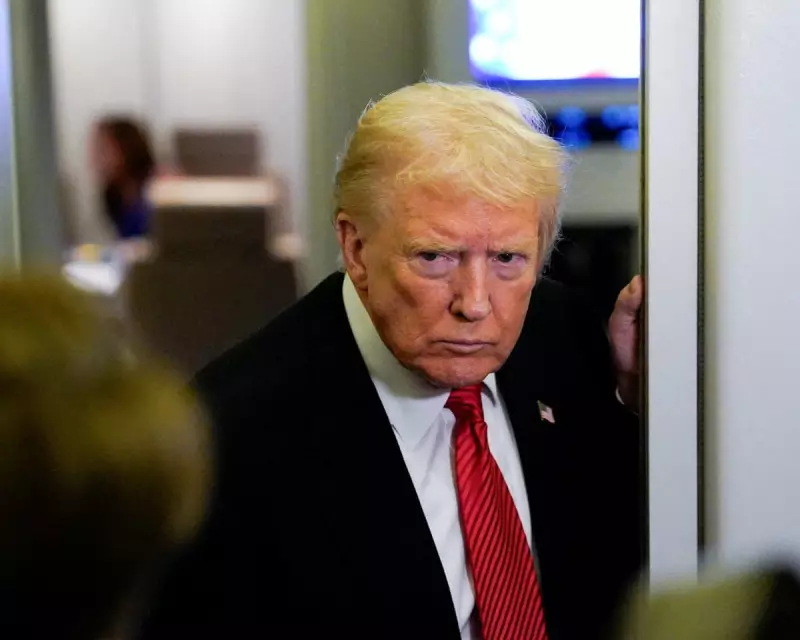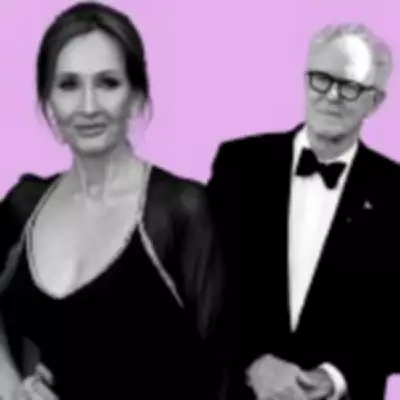
Fresh controversy has erupted surrounding former President Donald Trump's media appearances, with his recent sit-down with CBS's 60 Minutes coming under intense scrutiny for what sources describe as heavy-handed editing.
Editing Process Raises Eyebrows
According to multiple reports, the interview underwent significant alterations before reaching television screens, with substantial portions of Trump's responses being removed or rearranged. The editing process has raised questions about journalistic integrity and whether viewers received an accurate representation of the exchange.
Key Topics Affected
The most heavily edited segments reportedly involved discussions about:
- Trump's policy positions and future political plans
- Responses to questions about his previous administration
- Comments on current domestic and international affairs
- Exchanges regarding his views on media coverage
Network Defends Editorial Decisions
CBS has defended its editing choices, stating that all interviews require some level of refinement for broadcast. However, critics argue the extent of changes in this particular interview crosses ethical boundaries, potentially misleading audiences about the nature and substance of Trump's actual responses.
Broader Implications for Political Journalism
This incident highlights ongoing tensions between political figures and news organisations, particularly regarding how interviews are presented to the public. The controversy comes at a sensitive time in American politics, with media trust and transparency becoming increasingly important issues for voters.
As the story develops, media watchdogs and political analysts continue to debate the fine line between necessary editing for broadcast and the ethical responsibility to present political interviews with minimal distortion.





